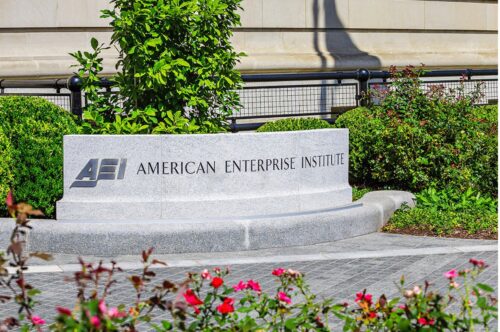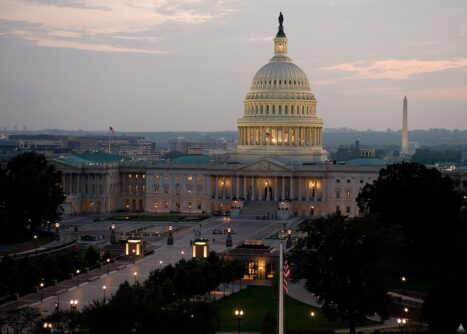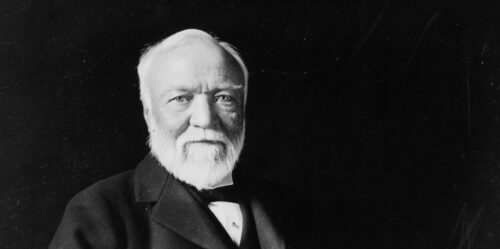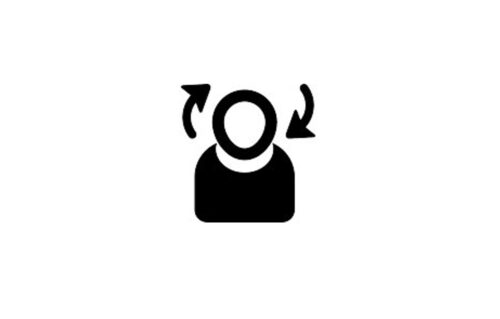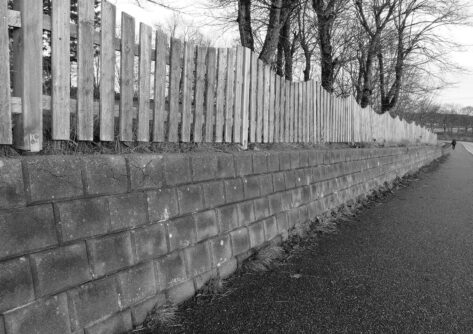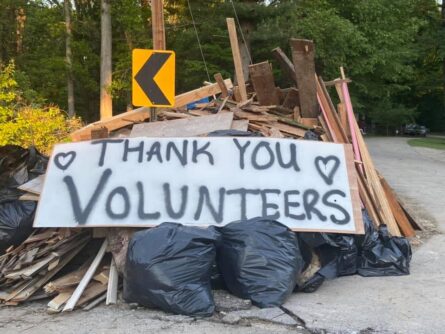
In any real-life revision of the parable so often cited by philanthropists, there’s a strong likelihood that the philanthropists forging their way upstream to the source of the problem will never get there. As with the challenge of homelessness in L.A., they will instead become hopelessly entangled in the real-world obstacles that invariably complicate the drive for simplistic, root-cause solutions.
